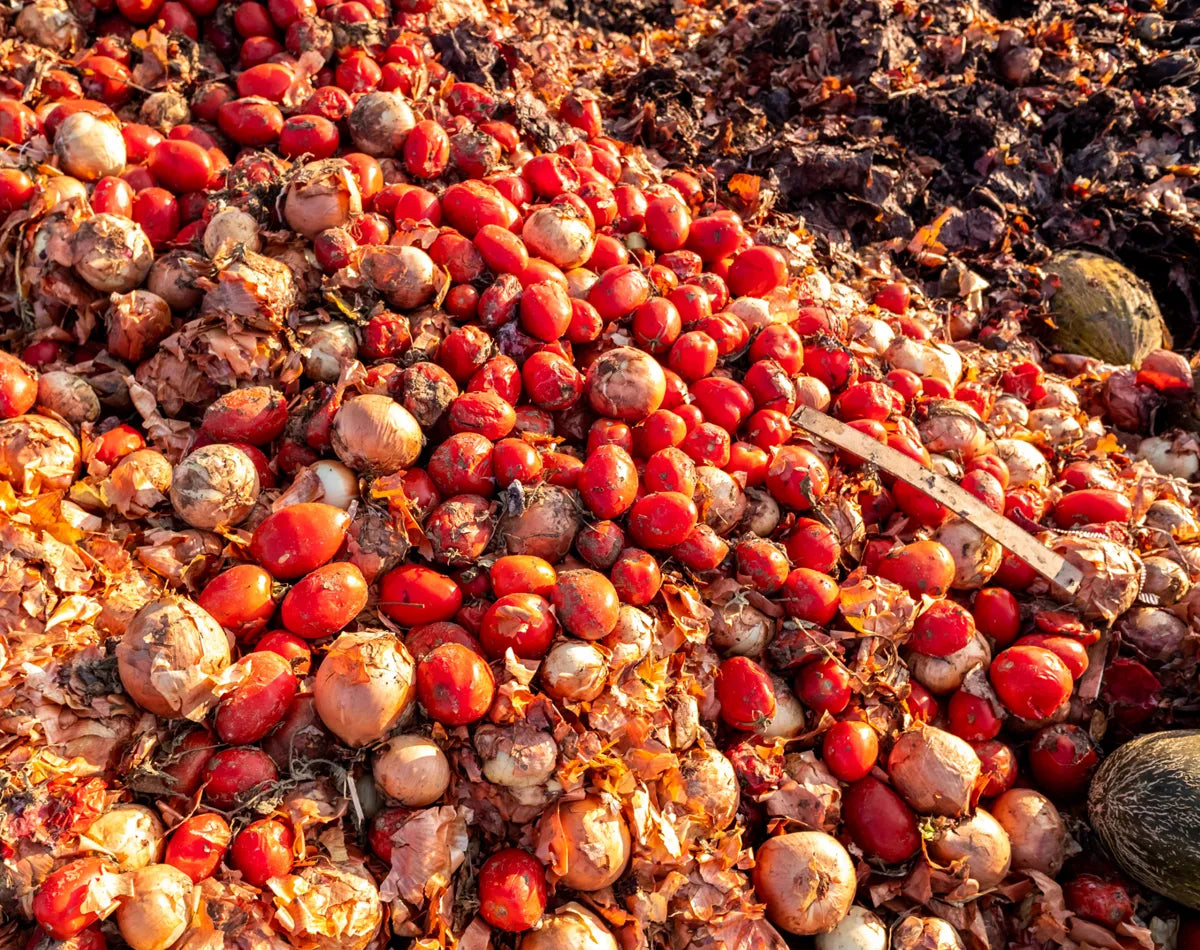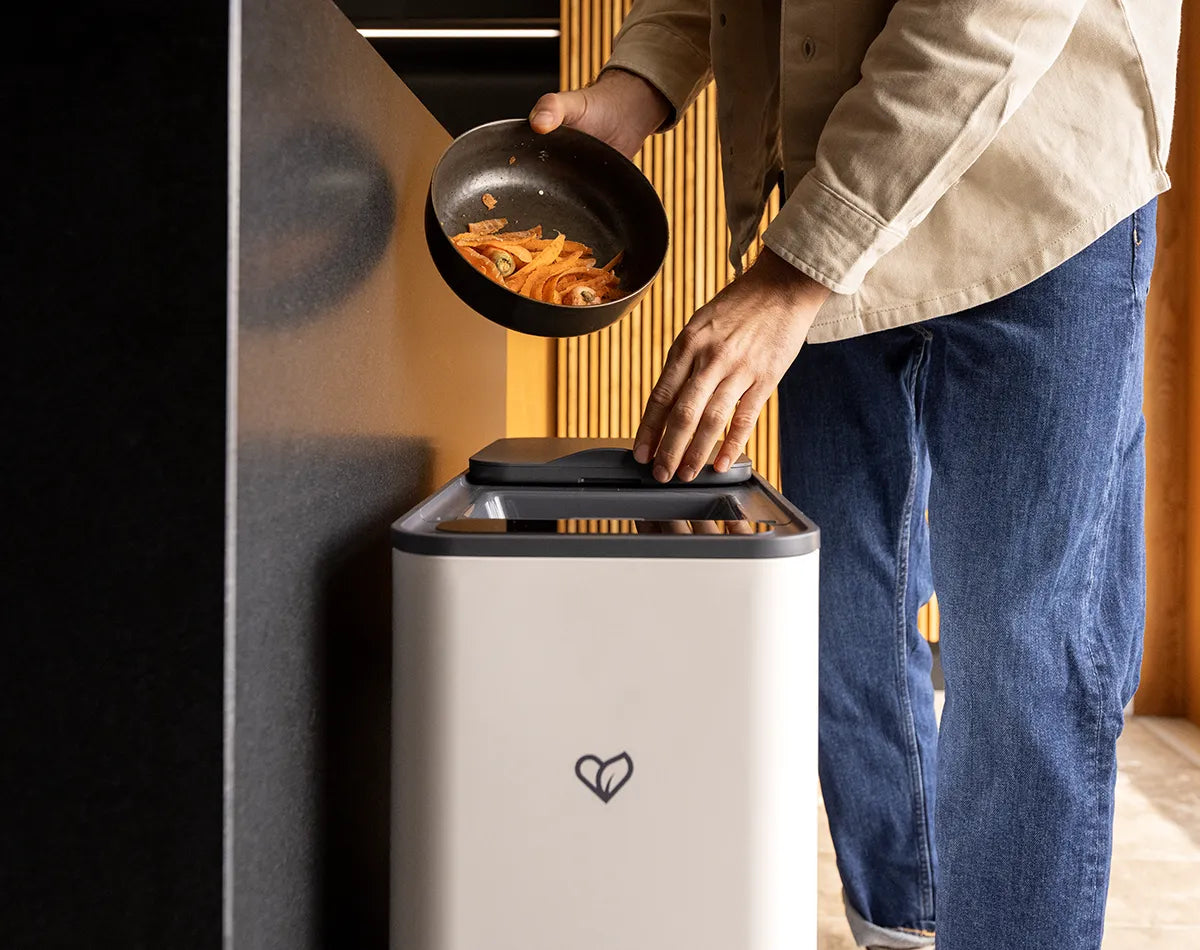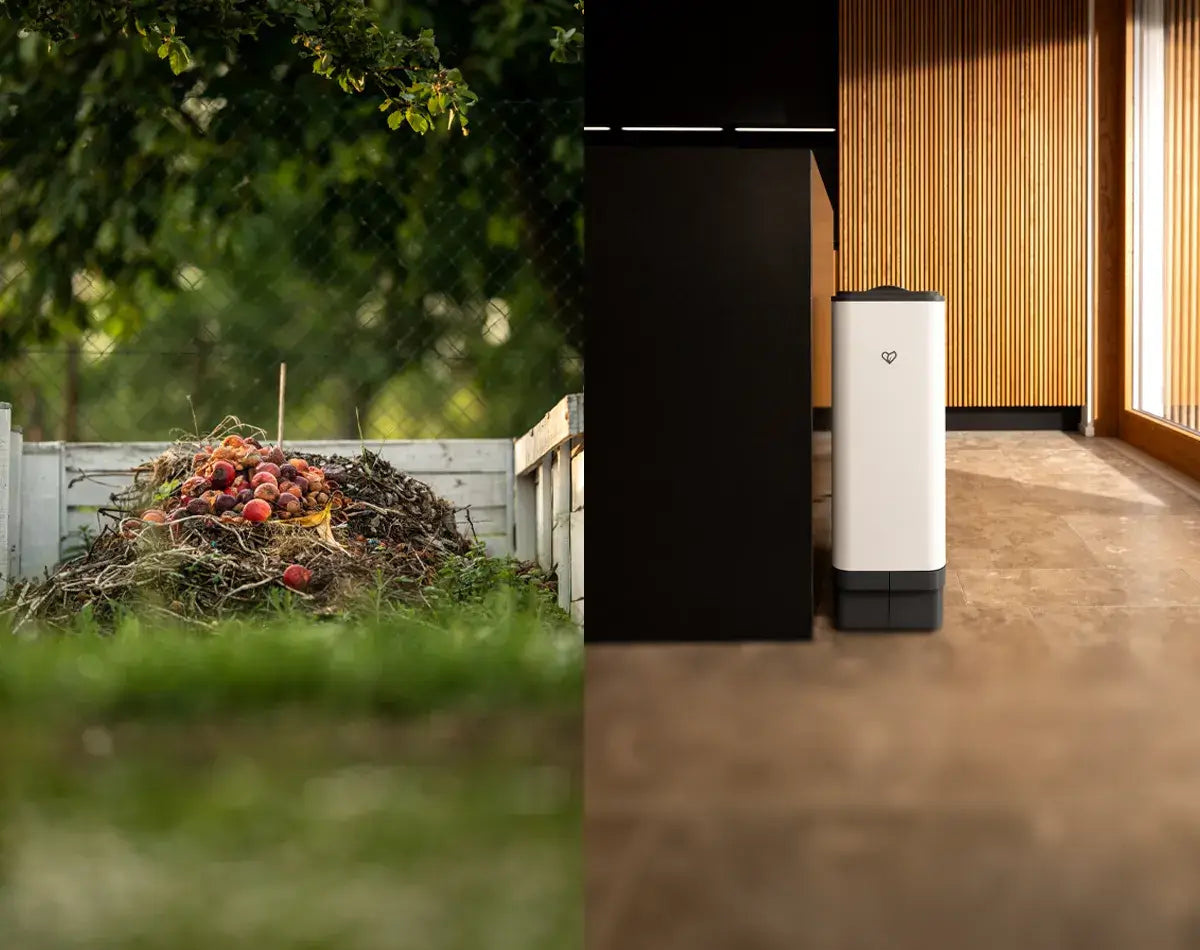Every year, around 1.3 billion tons of food end up in the trash worldwide—that’s about a third of all food produced. But the problem doesn’t start in your kitchen. It affects the entire supply chain: from overproduction and supermarket waste to strict visual standards for food.
Food waste isn’t just a strain on your wallet—it’s a massive environmental issue. Valuable resources like water, energy, and agricultural land are wasted.
Let’s look at some eye-opening numbers:
7 Facts About Food Waste You Should Know
- Germany alone wastes around 11 million tons of food every year. That’s about 78 kg per person—food that could have been eaten (source: Umweltbundesamt)
- Nearly 45% of the world’s fruit and vegetable production is wasted. That’s roughly 3.7 trillion apples every year (source: WWF).
- Bread is the most wasted food worldwide. In Germany alone, around 500,000 tons of bread and baked goods are thrown away each year (source: WWF).
- The amount of food wasted in Europe could feed 200 million hungry people (source: Food Index Report).
- Food waste is a major climate driver. The methane emissions from rotting food exceed the total emissions of global air travel. In Germany, for example, incorrectly disposed organic waste is burned - so important nutrients are lost.
- More than 30% of food is lost before it even reaches stores. Strict regulations on shape, color, and size prevent perfectly edible produce from being sold (source: WWF).
- Good news: Reducing food waste is one of the top three most effective actions against climate change, according to a study by Project Drawdown.
How to Reduce Food Waste – Simple Tips
Global change is needed, but you can take action in your daily life. France is leading the way: supermarkets are legally required to donate surplus food instead of throwing it away. Here’s how you can make a difference, too:
1. Shop Local
Buy from farmers' markets or local farms. They usually produce in smaller quantities and use resources more efficiently than industrial farms. A seasonal produce box is another great way to support regional growers.
2. Meal Prep
Plan your meals ahead! Cook larger portions at the start of the week, freeze leftovers, or store food properly. This reduces waste and saves time.
3. Make Fridge Checks a Habit
Regularly check what’s in your fridge to use food before it expires. A simple trick: create a “Use First” basket for products that need to be eaten soon.
4. Save "Imperfect" Fruits & Veggies
Oddly shaped carrots or slightly bruised apples? Still perfectly edible! Many supermarkets now offer “imperfect” produce at lower prices. Some delivery services even specialize in saving surplus food.
5. Store Food Correctly
Top shelf: Cooked food, cheese, opened items
Middle shelf: Dairy products
Bottom shelf (coldest zone): Meat, fish, sensitive veggies
Do NOT refrigerate: Tomatoes, potatoes, onions & apples (they release gases that spoil other foods faster).
6. Use Too Good To Go
Every day, restaurants, bakeries, and supermarkets throw away tons of perfectly good food. With the Too Good To Go app, you can save surplus meals at a discounted price. Great food, less waste, and a win for your wallet!
7. Use a Kitchen Composter – Meet soilkind!
Sometimes, food waste is unavoidable—but you can still put it to good use. With soilkind, your food scraps turn into fresh compost in just 48 hours. This saves CO₂ and keeps valuable nutrients in the cycle. Mother Earth (and your plants!) will thank you.
Every Small Step Counts
By shopping smarter, storing food correctly, and getting creative with leftovers, you can actively reduce food waste—and help the planet at the same time.




